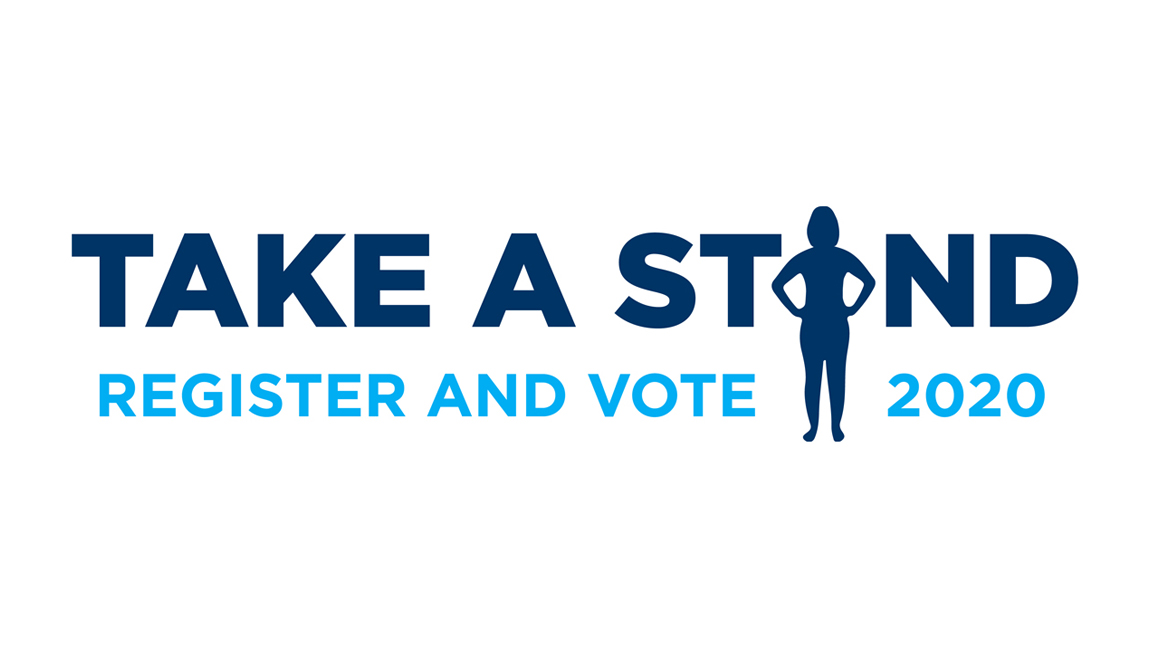By Leslie Kerr
Within the first three weeks of his administration, President Joe Biden has signed 25 executive orders, including the “Buy American Act,” which was a key point in Biden’s campaign for the presidency as he promised to bolster American manufacturing.
Revitalizing the manufacturing sector, which accounts for approximately 12 percent of the American economy, is part of Biden’s broader plan to drive up wages, create more union jobs, support minority-owned businesses, and strengthen U.S. supply chains.
Despite the previous administration’s claims that “trade wars are good,” Trump’s trade war with China significantly hurt the U.S. economy by eliminating some 245,000 jobs, forcing companies to accept lower profit margins while cutting wages and deferring wage hikes. China not only surpassed the U.S. as the world’s top manufacturer over the last decade, but according to United Nations data, by 2018, accounted for 28 percent of the total global manufacturing output.
The “Buy American Act” directs agencies to strengthen requirements regarding purchasing products and services from U.S. workers and businesses and stipulates the creation of a new Position in the Office of Management and Budget to enforce the directive. It also reiterates Biden’s support for the Jones Act, passed in 1920 to regulate maritime commerce in the United States and to require foreign maritime shipping between U.S. ports be transported in ships solely built, owned, and operated by U.S. citizens or permanent residents.
Even before the Covid-19 virus hit the world stage, the manufacturing industry in this country was in crisis, due to the steady decline of manufacturing jobs and lax standards requiring companies to produce locally. The Bureau of Labor Statistics reports the loss of at least 7.5 million manufacturing jobs since 1980.
The urgency of the coronavirus pandemic called into focus the vulnerability of global supply chains. When drastic shortages of equipment across the country called for some companies, often for the first time, to reach out for government contracts to obtain vital protective equipment, they found they were faced with outsourcing needed materials to countries like China.
Biden’s Executive Order is aimed at maximizing American-made supplies under federally funded procurement contracts and financial assistance awards. Changes set in motion by the new directive will be highly consequential for the vast majority of companies contracting with or supplying products to the U.S. government.
Cautious Optimism
Many business owners—especially those with government contracts—are encouraged with Biden’s order.
“Within a very short time, there has been a much clearer message sent and a stronger level of support,” said Marisa Fumei-Smith, president of the textile manufacturer Two One Two New York, which makes knitwear apparel, but pivoted to making personal protective equipment for local government agencies and companies.
The company has grown from 60 workers at the start of the pandemic to over 400, including two subcontractors that work exclusively for Two One Two.
Gabrielle Ferrera, chief operating officer of Ferrera Manufacturing of New York, had worked with designers Ralph Lauren, Calvin Klein, and Donna Karan to make tailored knitwear garments before the virus struck last year. When the company shifted to making masks and isolation gowns, Ferrera was forced to source materials from China, which proved difficult as her company had no network chain or relationship established to procure what supplies were needed. She turned to Dupont and Parkdale Mills, two of the largest cotton producers in the world, to source the fabric she needed here in the U.S.
The pandemic has brought together small and large U.S. companies for the common cause to source resources domestically. More than a vendor-material relationship, there has evolved a sense of community and even excitement around “Made in USA” products, as the “Buy American Act” requires any company that accepts contracts to be based in the United States and to agree none of their supply chain sources are sourced internationally. It also raises the burden of proof for businesses who argue sourcing products domestically is too expensive.
The “Buy American Act” Executive Order signed by President Biden should be good news for South Carolina manufacturers, large and small. Many like Mercedes Benz, BMW, Electrolux all had voiced concerns about Trump’s tariffs, which forced these manufacturers and others here and across the country scrambling to find the highest quality and lowest price for parts, while still striving to remain competitive.
Trump’s tariffs not only isolated American manufacturers in South Carolina and across the U.S., but stifled companies and consumers from enjoying economic prosperity.
For its part, the federal government will replace its fleet of vehicles with American made electric cars over a specified period of time and push to replenish federal stockpiles.
“We can never again rely on a foreign country not sharing our interest in protecting our people in a national emergency,” said the president, as was seen by the many setbacks in fighting the Covid-19 virus over the past year.
During his campaign, Biden’s proposed “Buy American” agenda called for a $400 billion, four-year increase in government purchasing of U.S. made products and services as part of a broader effort to strengthen supply chains and to bring international trade rules into the 21st century.
Biden projects the “Buy American Act” will close loopholes created in the previous administration’s version which applies to about $600 billion in goods and services the federal government buys each year. The president hopes for bipartisan support in this effort, one supported by not only politicians on both sides of the aisle, but industry and union leaders alike.
United Auto Workers President Rory Gamble called Biden’s move “a powerful statement of solidarity with our hard- working brothers and sisters.” American Maritime Partnership President Mike Roberts stated his group “is grateful for the administration’s support.”
However, there does remain criticism for the president’s initiative. The conservative advocacy group FreedomWorks has opposed past similar measures. The group’s president, Adam Brandon, said that while the measure “sounds nice,” at the end of the day it “will only raise prices of what the government buys with American tax dollars—amid a widening deficit.”
Still other manufacturers are concerned the president’s attempts to improve conditions for U.S. manufacturers are not enough, arguing that not every facet of manufacturing has seen the same spike in government contracts.
However, there is an acknowledgment that Biden’s order is a shot in the arm for those in this country wanting to work and remain hopeful that the number of manufacturing jobs domestically will increase under the new administration. Especially with a directive that offers clear deadlines and achievable results.
“When we buy American, we’ll buy from all Americans,” President Biden told reporters. “And this includes communities historically left out of government procurement—blacks, browns, Native Americans, small businesses, and entrepreneurs in every region of our country.”






